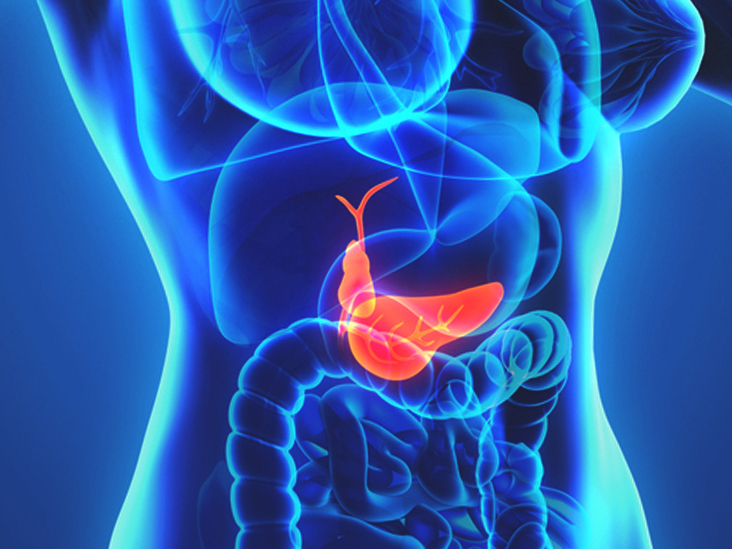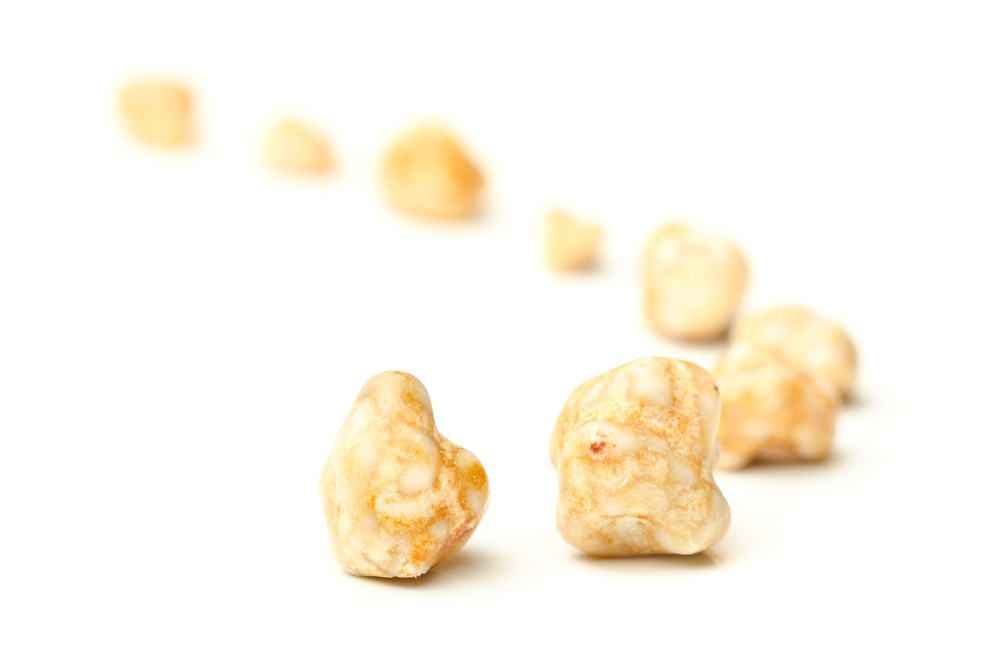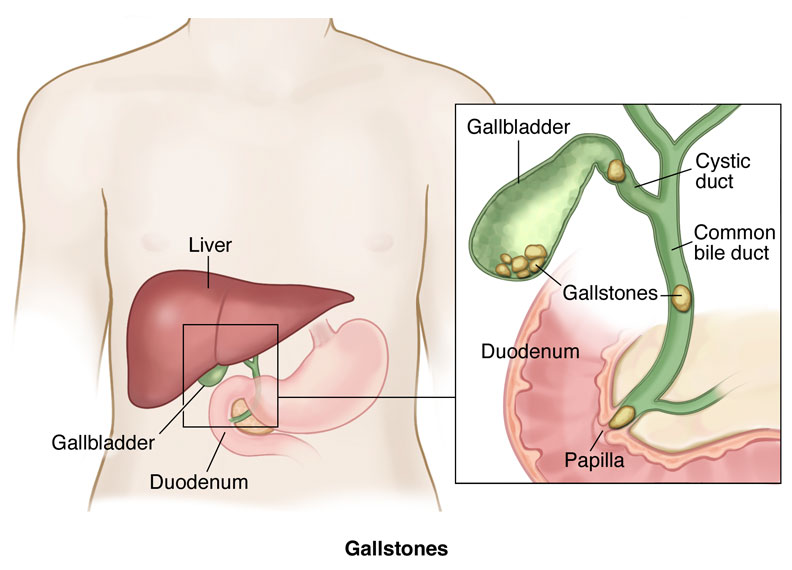Cholecystectomy in Spain
Search and Compare the Best Clinics and Doctors at the Lowest Prices for Cholecystectomy in Spain





















































































































































No Time?
Tell us what you're looking for and we'll reach out to the top clinics all at once
What does a Cholecystectomy Procedure Involve?
There are two techniques to perform cholecystectomy: Laparoscopic and open surgery. Laparoscopic is minimally invasive, meaning your surgeon only makes small incisions to insert a tube with a tiny camera and surgical tools into your abdomen. With open surgery, your surgeon makes a bigger incision in your abdomen below your ribs. Both procedures are performed under general anesthetic.
How Long Should I Stay in Spain for a Cholecystectomy Procedure?
Depending on which technique your surgeon used, you may need to stay in the hospital for 1 to 3 days. The stay might be extended if any complications arise during surgery or the recovery period. Plan to stay in Spain for around 1 to 2 weeks for initial recovery and for follow-up check-ups.
Some surgeons use dissolvable stitches to close the incisions, but if yours does not, the stitches may be removed within 7 days following the surgery. It is recommended that patients discuss their travel plans with the healthcare provider conducting the Cholecystectomy to ensure they have an accurate time frame.
What's the Recovery Time for Cholecystectomy Procedures in Spain?
The length of the recovery period depends on which technique you underwent. Generally, patients undergoing a laparoscopic cholecystectomy can expect a faster recovery time compared to those undergoing an open cholecystectomy. For laparoscopic surgery, you may be able to go back to work and return to your daily routine within 1 to 2 weeks. The time that your body needs to heal after open surgery is a lot longer, usually around 6 to 8 weeks.
What sort of Aftercare is Required for Cholecystectomy Procedures in Spain?
Post-Cholecystectomy, having a robust recovery plan is vital for achieving the best healing outcomes. This encompasses managing potential discomfort or pain effectively, maintaining the operation wound clean and dry, and slowly taking up routine activities under your healthcare provider's instructions. Adapting to a nourishing diet is equally essential since removing the gallbladder can impact the body's digestion capability of certain foods.
Frequent consultations with your medical professional for predetermined check-ups are needed to observe your recovery and confirm there are no complications post-surgery. Moreover, refraining from vigorous activities and heavy lifting for several weeks after the procedure is recommended. Bear in mind that the journey to recovery and attaining complete health post-surgery necessitates adherence to the fundamental aftercare steps suggested by your healthcare provider.
What's the Success Rate of Cholecystectomy Procedures?
The effectiveness rate of Cholecystectomy is predominantly high. The treatment, particularly through laparoscopic means, is deemed as a secure and efficient solution for conditions related to the gallbladder. As per numerous studies, the comprehensive success rates are above 90%, with minimal complications, thus supporting the respective medical research.
Nonetheless, it's crucial to note that every patient's health condition is distinctive, and the success ratio may vary individually. Elements like the patient's overall wellbeing, the intensity of gallbladder disease, and the surgeon's skill set can influence the outcome. Discussing these aspects with your healthcare provider is always suggested to gain a precise understanding of your personal prognosis.
Are there Alternatives to Cholecystectomy Procedures in Spain?
While Cholecystectomy is a frequently chosen surgical procedure to treat gallbladder diseases, there are alternatives available. The alternatives often depend on the severity of the symptoms and the overall health of the patient. Some alternatives include changes in diet and lifestyle, medications to dissolve gallstones, or nonsurgical treatments that break down gallstones. It is highly recommended to discuss all possible options with your healthcare provider to determine the best course of action for your situation.
Even though these alternatives can be effective, they may not be suitable for everyone. Medications may not always be successful in dissolving gallstones, and even if they do, the stones could recur once the treatment is stopped. Additionally, nonsurgical procedures may have restrictions depending on the size and number of gallstones present.
This information has been accurately sourced and verified by a medical professional for its accuracy, however, we strongly recommend you to consult with your doctor before pursuing medical procedures overseas.





























